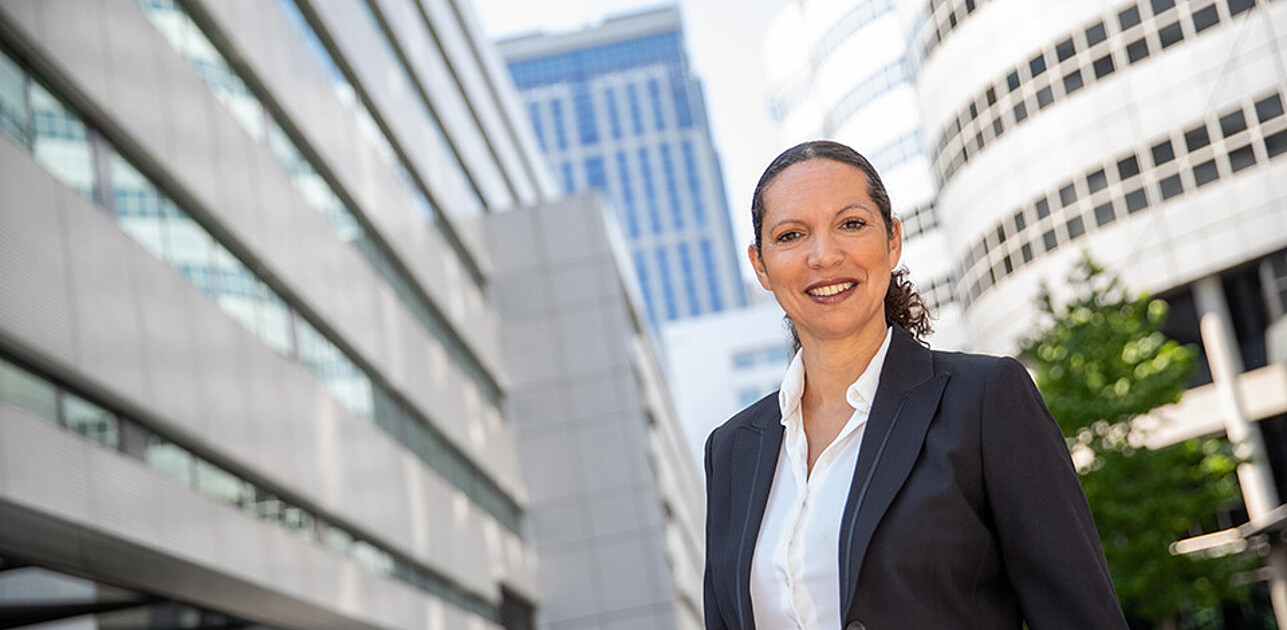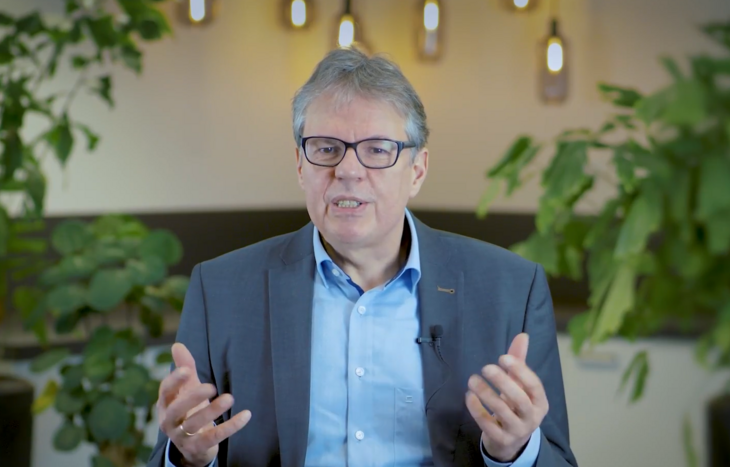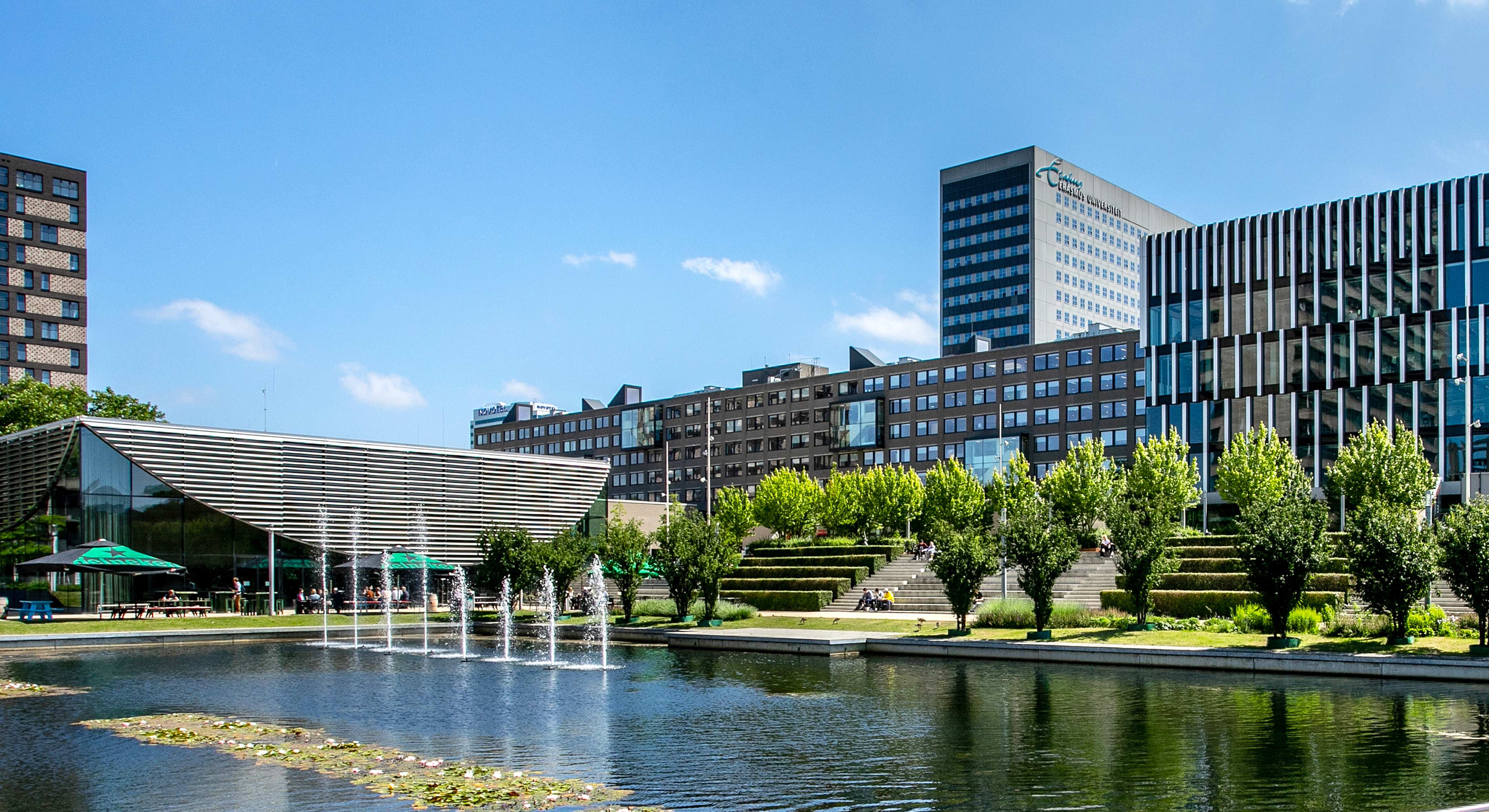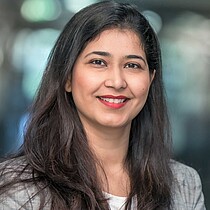

How can the financial sector contribute, or even speed up, businesses’ transition to long-term value creation within a sustainable economy? If it means combining financial, social and environmental values, what pathways and challenges are there for sustainable investing and lending?
The key challenge is to plan for a long term integration of the financial, social and environmental dimensions. The why, what and how of integrated and sustainable finance are addressed in this three-day RSM Executive Education programme. During workshop sessions you will learn practical tools for implementing sustainable investing and lending, and explore the change management issues that put it in motion.
RSM’s world-class academics and leading experts in asset management and banking will show you how social and environmental dimensions can be integrated without sacrificing returns. After the course you will be able to contribute to a financial sector which fulfils its role in society by allocating funds towards sustainable companies and projects.
The Sustainable Finance programme will show you the newest skills and methods for sustainable investing and lending, which you can adopt in your own business.

Discover our options for customised and in-company programmes tailor-made for your organisation.
During the Sustainable Finance Programme you will learn from Prof. Dirk Schoenmaker, Dr Willem Schramade and Dr Karen Maas. Occasionally we may substitute other faculty members according to the content of the programme and their availability.
11 - 13 December 2024
€ 3,600 (excl. 21% VAT) including course materials, lunches, and snacks. This fee does not include hotel accommodation.
25% discount for alumni from Erasmus University Rotterdam and RSM, and for (corporate) partners of the Erasmus Platform for Sustainable Value Creation. View the platform's current list of (corporate) partners to see if you are eligible for the 25% discount.
All of our short courses can also be delivered as personalised in-company training to groups of employees from the same organisation. This enables us to develop a comprehensive programme that focuses on your organisation’s own unique situation and issues.
Rotterdam School of Management, Erasmus University (RSM) offers a dynamic learning environment for professionals looking for new skills and knowledge in business and management education.
This programme takes place in Bayle building on the Woudestein Campus of Erasmus University Rotterdam, just 15 minutes by public transport from Rotterdam city centre. Our modern and lively campus has innovative study facilities, sustainable design, and calming green spaces.

Most programmes start at 09:00. Finishing times are different for each programme. There’s also an approximate schedule in each programme’s brochure and on its webpages. When you register for a programme you will be given access to Canvas, our online learning system, and the full schedule is in Canvas. Your programme manager will hand out a detailed schedule on the first day of your programme.
Class sizes are usually between 12 to 24 people, but it does depend on the programme. We aim for a balance between allowing capacity to guarantee individual attention, and achieving a good group dynamic and networking opportunities.
Yes. Alumni from RSM and Erasmus University Rotterdam receive a 25 per cent discount. RSM alumni are those who have completed either a Bachelor of Science, Master of Science, PhD or at least one executive education programme of more than 40 hours duration. Participants of open programmes of less than 40 hours do not receive a discount. Companies sponsoring several participants may also be offered a special price.
These programmes are excluded from this alumni discount:
Programme fees include tuition, programme materials, plus lunch and refreshments throughout the programme. Hotel accommodation is not included, unless mentioned otherwise in the programme information.
If you require hotel accommodation, we recommend the Novotel Rotterdam Brainpark Hotel and the Bilderberg Park Hotel. Both hotels are located in Rotterdam, accessible to the university, and participants can benefit from special rates.
Please note that due to high demand, we advise you to book your hotel stay for any program as early as possible with a flexible rate.
Our general terms and conditions apply when you register for an open programme. Please review them to learn more about our policies for cancellation, deferral and substitution.
If you have more general questions, we recommend you explore our more in-depth FAQs page. If you are looking for personal advice, then please contact one of our advisors using the contact form below.

Programme advisor
It's my priority to help you identify how you can meet your professional objectives, so reach out and let's make a plan for your personal development.